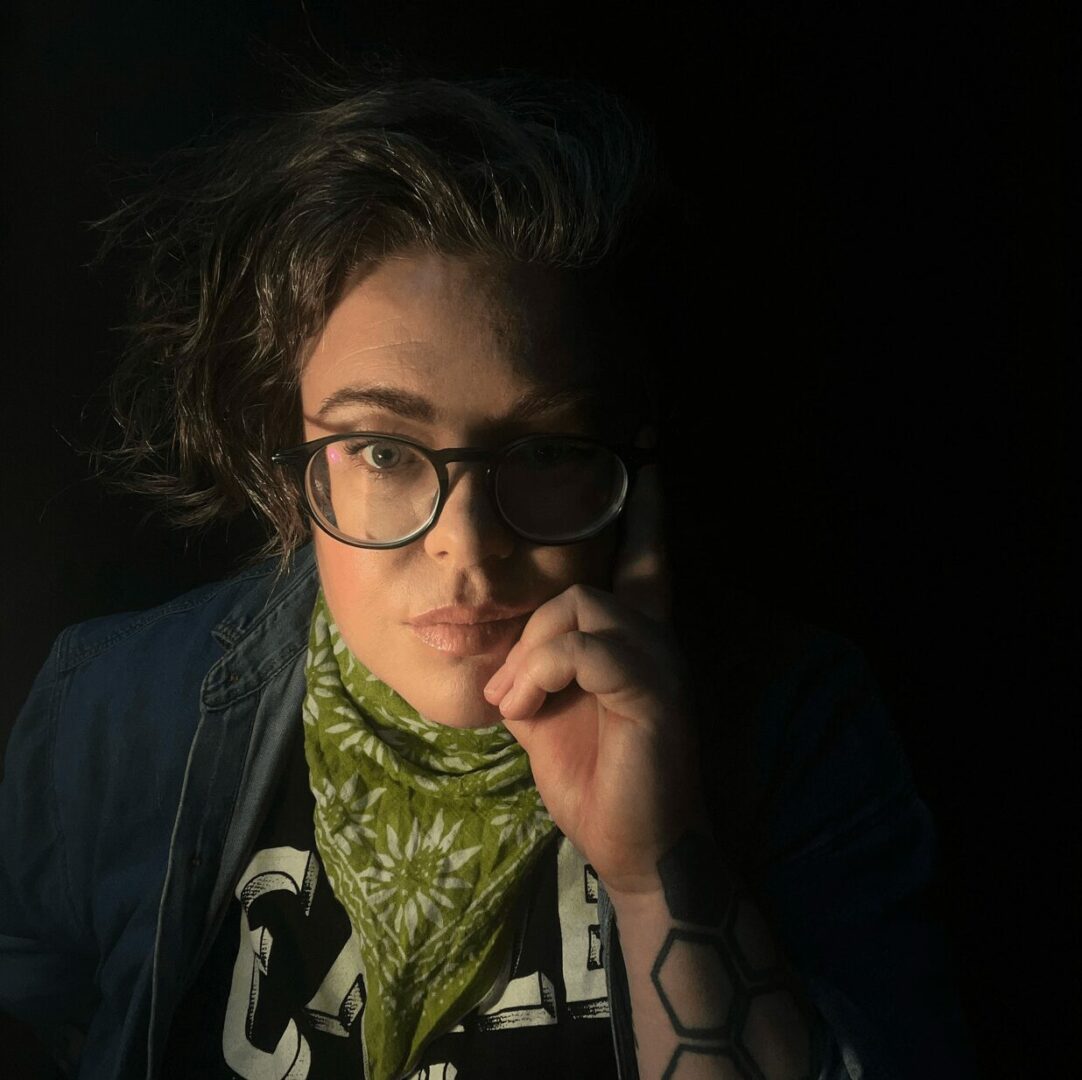We were lucky to catch up with Cat Palmer recently and have shared our conversation below.
Cat, first a big thank you for taking the time to share your thoughts and insights with us today. I’m sure many of our readers will benefit from your wisdom, and one of the areas where we think your insight might be most helpful is related to imposter syndrome. Imposter syndrome is holding so many people back from reaching their true and highest potential and so we’d love to hear about your journey and how you overcame imposter syndrome.
I’m not sure I ever fully do — and honestly, I’ve come to accept that it might always be there to some degree. No matter how many awards I receive, how many articles I write, or how many years I’ve spent on TV, that quiet doubt still finds a way in sometimes. What’s helped me is shifting my focus away from trying to prove myself or worrying about others’ opinions. There will always be people who don’t like what I do, and that’s okay. I try to stay grounded in the idea that I’m constantly learning and evolving — and that growth matters more than perfection.
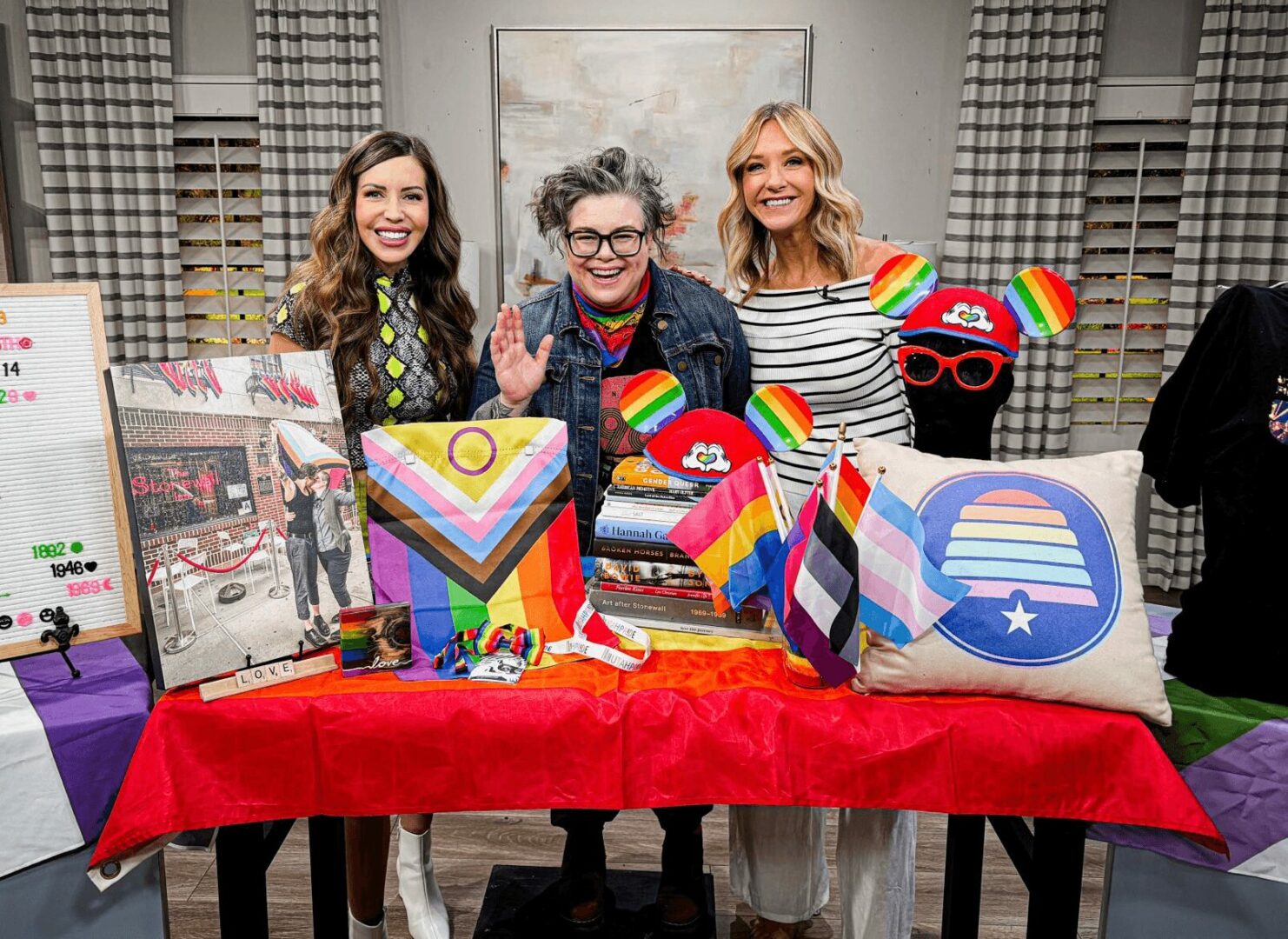
Let’s take a small detour – maybe you can share a bit about yourself before we dive back into some of the other questions we had for you?
I’m a photographer, writer, and artist whose work is often rooted in storytelling, identity, and emotional truth. Right now, one of the most exciting parts of my professional life is serving as the Programming Director for the Utah Queer Film Festival — which is coming up October 24–26 at The Rose Wagner Performing Arts Center. This is my second year curating the lineup, and I can say with full confidence: it’s fire. The films we’ve selected are bold, tender, joyful, and deeply reflective of the vibrant, multifaceted queer experience. It’s been an honor to shape a space where these stories can be seen and celebrated.
I’m also currently mentoring someone incredible through the Partners program with Art Access. Watching her growth and the evolution of her voice as an artist has been one of the most fulfilling things I’ve experienced in a long time. I’m a firm believer that creative community — especially when built around authenticity and access — is where the real magic happens.
My heart is tender right now after the recent passing of my favorite poet, someone whose words cracked me open in the best ways. Grief is strange — like trying to hold water in your hands — but I remind myself that the most powerful art never really leaves us. It lingers in the way we see, in the way we speak, in the silence between moments.
As for my own artistic path, photography has always been a way for me to witness the world with empathy. I’m drawn to nuance, to quiet beauty, to what exists beneath the surface. Over the years, my camera has taken me to many places, both literal and emotional, and has allowed me to connect with people in ways that words sometimes can’t. My creative practice is about presence, curiosity, and finding meaning in the in-between.
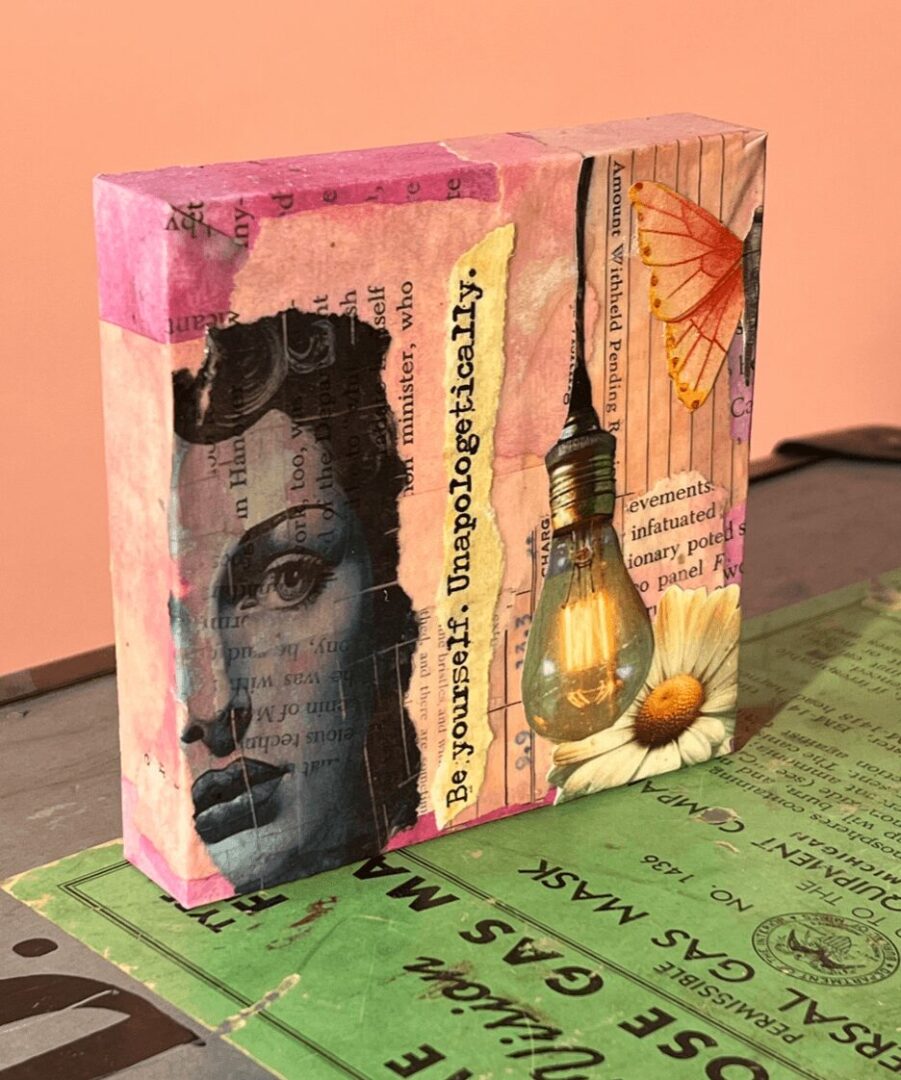
If you had to pick three qualities that are most important to develop, which three would you say matter most?
1. Curiosity with Compassion
One of the most important drivers in my journey has been staying curious — about people, art, history, identity, and even my own contradictions. But curiosity means more when it’s paired with compassion. Whether I’m taking someone’s portrait or selecting a film for the festival, I’m always asking: What is this person trying to say? How can I honor their story?
Advice: Don’t rush to “master” things. Instead, stay open. Ask more questions than you answer. Listen deeply — especially to voices that are different from your own. That’s where growth (and connection) begins.
2. Resilience Through Rejection
Rejection is baked into any creative or public-facing path, and it took time to learn not to take it personally. Early on, I thought a “no” meant I wasn’t good enough — now I understand it often just means not yet or not the right fit.
Advice: Let rejection teach you, but don’t let it define you. Keep showing up. The people who keep going, even after hearing “no,” are the ones who eventually create the space they were missing.
3. Integrity in Your Voice
Staying true to my voice — in writing, in art, in the way I move through the world — has been both a challenge and a compass. It’s easy to be swayed by trends or expectations, but the work that has mattered most in my career has come from the times I was honest, even when it felt risky.
Advice: Your voice is your power. Protect it. Let it evolve, yes, but don’t dilute it to make yourself more palatable. The people who need your truth will find it — and they’ll feel less alone because of it.
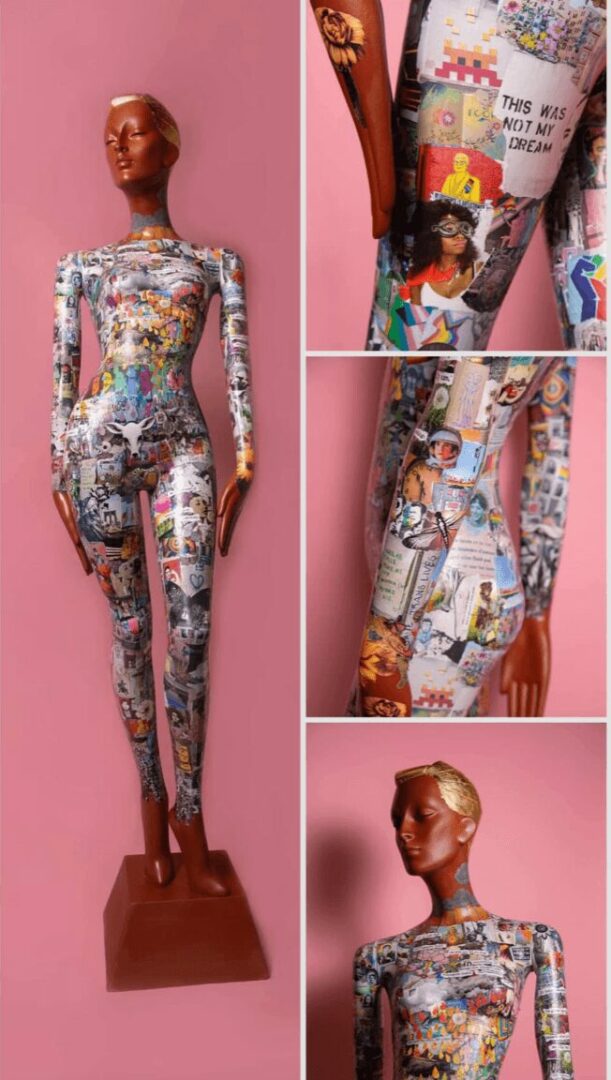
How would you spend the next decade if you somehow knew that it was your last?
I think I’d try to live that decade with intention, not urgency. I wouldn’t rush to check things off a list — I’d want to feel everything, love fully, and create art that tells the truth.
I’d spend more time in the garden with my spouse, our hands in the dirt, watching things grow slowly. I’d hold tighter to the people most tender to my heart. I’d take time for the boring things — the small rituals that actually make up a life: morning coffee, long hugs, grocery store runs, cooking dinner with music playing in the background.
I’d make art that scares me a little — the kind that pushes past polish and speaks from the gut. I’d mentor more. I’d write without worrying who’s reading. I’d take photographs not to share, but to remember.
Most of all, I’d give my time to connection — to helping others feel seen, especially those whose stories are still pushed to the margins. I’d want to leave a trail of tenderness behind me. That feels like the most honest way to spend a final chapter.
Contact Info:
- Website: https://www.catpalmer.com
- Instagram: catpalmerphotography
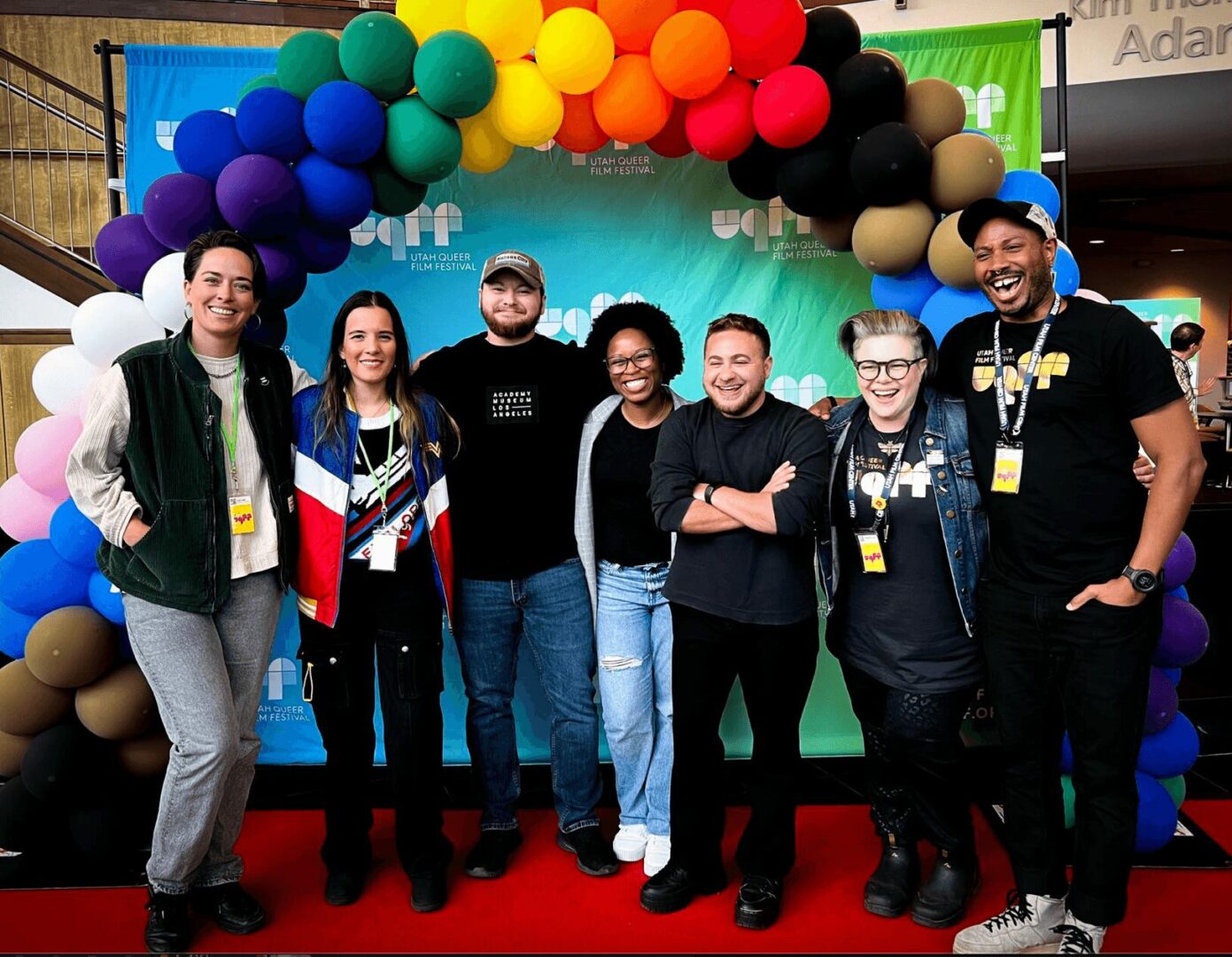
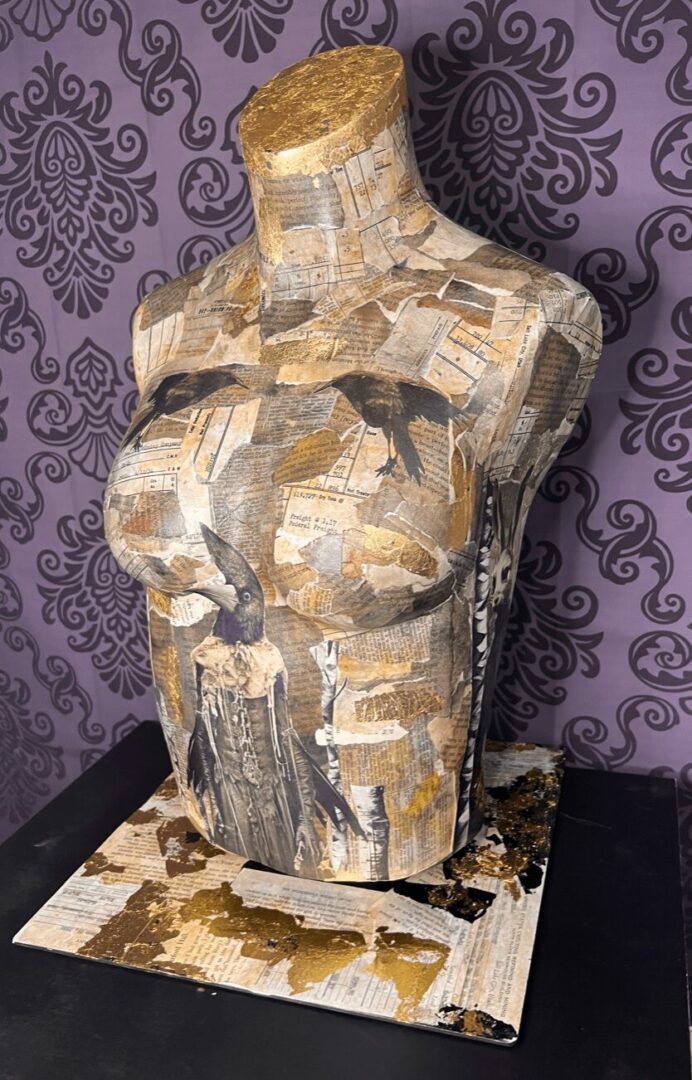
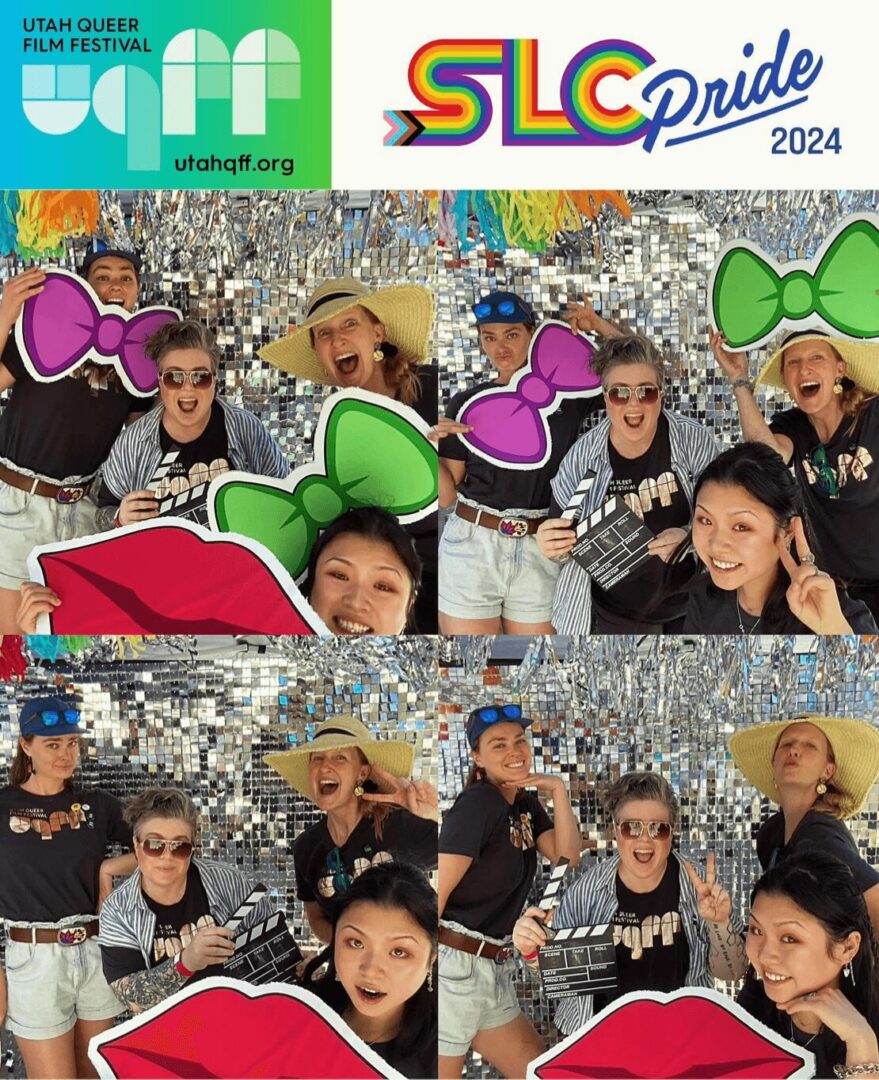
so if you or someone you know deserves recognition please let us know here.

